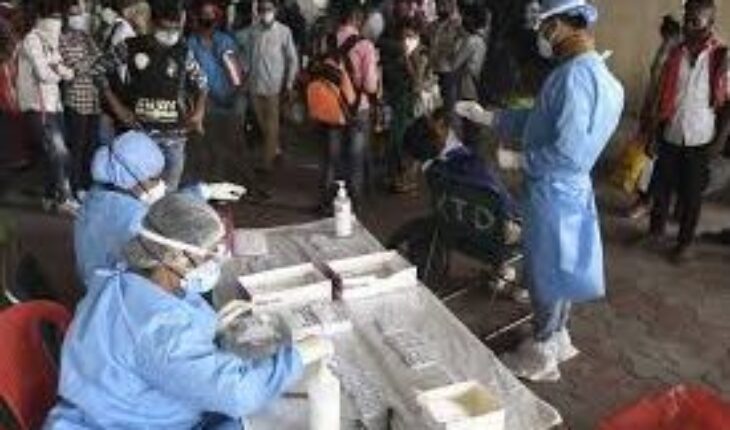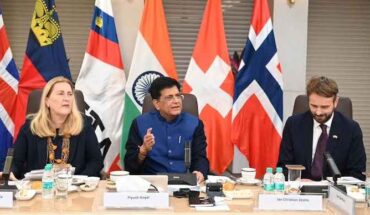With more than 6 million cases and the death toll from COVID-19 crossing 100,000, India is entering the first winter of the pandemic. Viral infections, particularly of the influenza variety, are also common at this time of the year and there may be new unknowns in the risks that lie ahead. However, another potential milestone approaches: the probable availability of a vaccine. Union Health Minister Harsh Vardhan, on multiple occasions has said that an India-made vaccine was likely to be available in “early 2021”. The government already has an expert committee on vaccine distribution. Their job is to decide who gets the vaccine first, how many will be eligible for the early doses, what the costs would be, and whether there should be a cost at all for the majority of Indians, who anyway were the hardest hit by the pandemic in the summer. Storage and supply of vaccines are also problems as daunting as making one and pose complex challenges in India. The government is yet to make its policy on distribution explicit but the current thinking appears to be that nobody would be denied a vaccine on the grounds of affordability. There is even discussion that a vaccine may be available via the national immunisation programme. India and the world will gain from a vaccine that has been critically and transparently evaluated and not one that crosses a chimerical finish line first. There are at least three Indian companies testing their own vaccines, and so a prohibitively expensive vaccine, besides being unacceptable, is also unlikely. History has shown that once public trust in vaccines has been compromised it is difficult to win back — and that distrust in one vaccine can fuel concerns about others. Therefore, researchers, regulators, policymakers and pharmaceutical firms should act cautiously.
A prohibitively costly vaccine won’t help much
|
October 5, 2020 |




